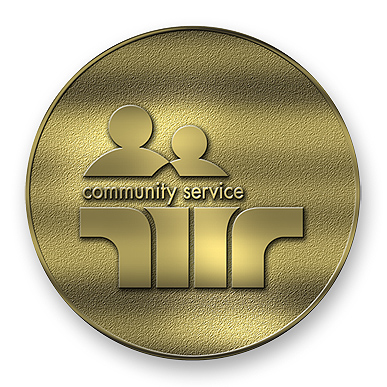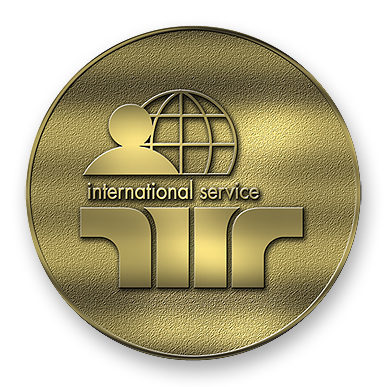Rotary is an international membership organisation made up of people who share a passion for and commitment to enhancing communities and improving lives across the world. Rotary clubs exist in almost every country. Our members change lives locally and connect with other clubs to work on international projects that address today’s most pressing challenges. Being a member is an opportunity to take action and make a difference, and it brings personal rewards and lifelong friendships in the process.
Rotary club membership represents a cross-section of the community’s business and professional men and women. The world’s Rotary clubs meet on a regular basis and are nonpolitical, nonreligious, and open to all cultures, races, and creeds.
WHAT WE VALUE

Rotary was founded on principles that remain at the heart of the organization today. These principles reflect our core values — integrity, diversity, service, leadership, and fellowship, or friendship. Our core values emerge as themes in our guiding principles.
HOW DID WE GET HERE?
The Object of Rotary is to encourage and foster the ideal of service as a basis of worthy enterprise and, in particular, to encourage and foster:
We’ve been making history and bringing our world closer together for over 100 years. The first Rotary club was started in Chicago, Illinois, USA, in 1905 by an attorney named Paul Harris. Harris wanted to bring together a group of professionals with different backgrounds and skills as a way to exchange ideas and form meaningful acquaintances. In August 1910, the 16 Rotary clubs then in the United States formed the National Association of Rotary Clubs, now Rotary International. In 1912, Rotary expanded to a few more countries, and by July 1925, Rotary clubs existed on six continents.
Today, there are more than 35,000 clubs, in almost every country in the world. For more information about Rotary’s history, go to rotary.org/history.
OBJECTS OF ROTARY

FIRST: The development of acquaintance as an opportunity for service;
SECOND: High ethical standards in business and professions; the recognition of the worthiness of all useful occupations; and the dignifying of each Rotarian’s occupation as an opportunity to serve society;
THIRD: The application of the ideal of service in each Rotarian’s personal, business, and community life;
FOURTH: The advancement of international understanding, goodwill, and peace through a world fellowship of business and professional persons united in the ideal of service.
